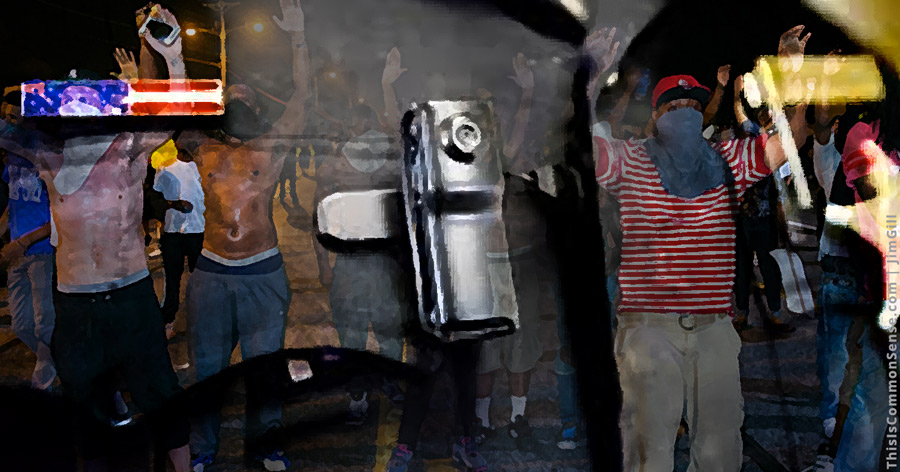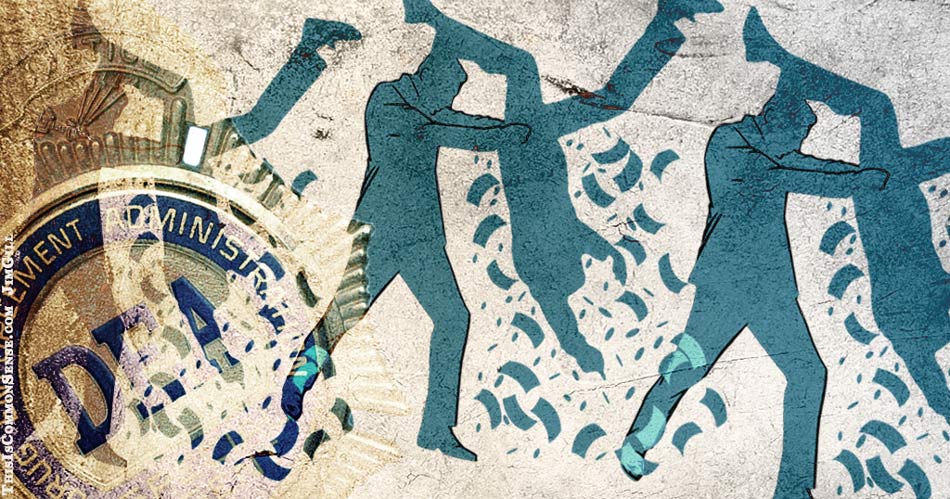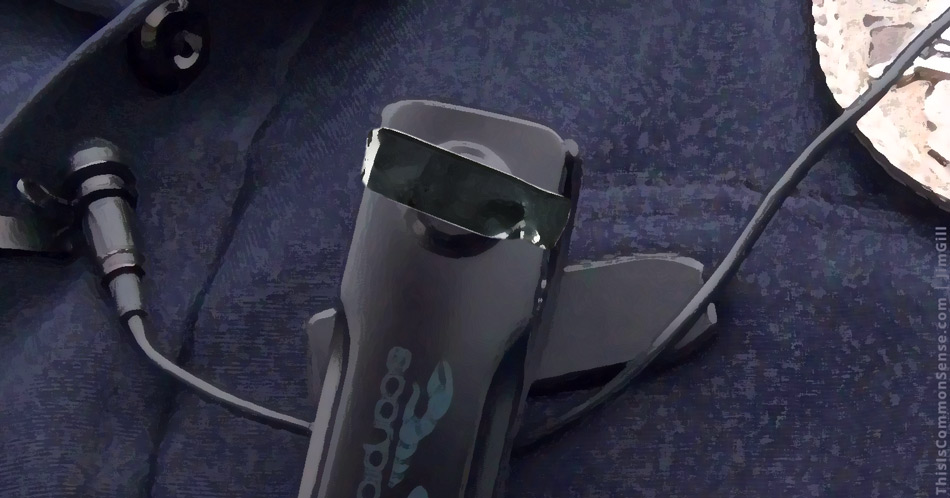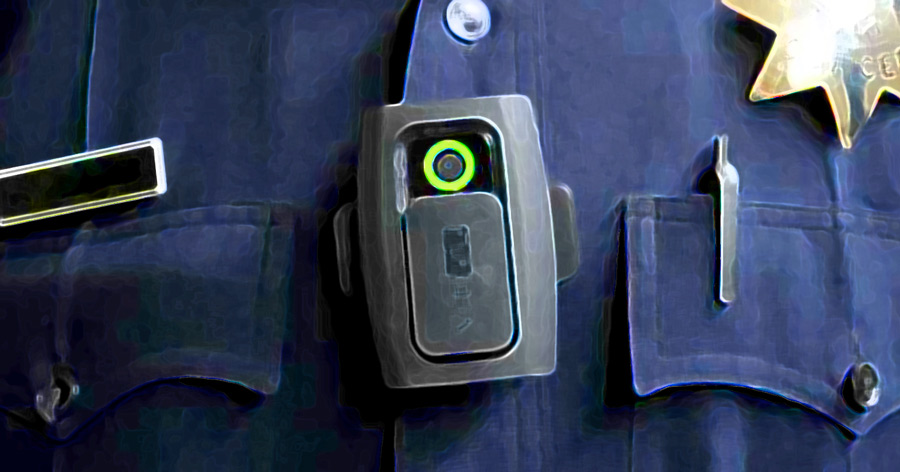Yesterday, on the 49th anniversary of Martin Luther King’s assassination,* voters in Ferguson, Missouri, passed a charter amendment requiring police to wear body cameras while on duty. The measure also provides the public access to that footage, along with reasonable rules about privacy.
In August 2014, Ferguson came to the nation’s attention — and the world’s — when a black resident was shot and killed by a white policeman. In the aftermath, the nation witnessed a militarized police response to senseless riots that destroyed 17 local businesses.
People there and across the country jumped to fact-free conclusions about who was at fault: the deceased Michael Brown or the policeman, Officer Darren Wilson.
“If there’s one thing that I think everybody in Ferguson would agree on, it’s that we’d like to have a video of what happened on Canfield Drive back in August of 2014,” remarked ballot measure proponent Nick Kasoff.** “If we had that, Ferguson wouldn’t be a hashtag. It would be just another quiet suburb of St. Louis.”
Police began wearing body cameras after the Michael Brown shooting, and the consent decree the city reached with the Department of Justice set some useful parameters. But the rules in the just-enacted charter amendment go much further to guarantee the public access to the video.
Not to mention that just this week, Attorney General Jeff Sessions announced a review of all such consent decrees nationwide. Without yesterday’s victory at the ballot box, the police cams policy might simply be abandoned.
Not now. The voters have spoken, 71 to 29 percent.
Spurred by Ferguson, there’s been a ton of talk about reforming criminal justice in recent years. But I like action a whole lot better.
This is Common Sense. I’m Paul Jacob.
* Yesterday also reminds me of 1984, George Orwell’s classic dystopian novel, because the book’s protagonist Winston Smith begins his diary on April 4, 1984.
It’s my favorite book, and has enjoyed quite a surge in sales since last November’s election. Yesterday, the movie was shown in nearly 200 theaters in the U.S., the U.K., Canada, Croatia and Sweden.
** Nick Kasoff led the six-resident committee that drafted and petitioned the measure onto the city ballot, with assistance from Liberty Initiative Fund (LIFe). Regular readers may remember that LIFe is where I have my day job — and that without contributions like yours, fewer successful measures like this Ferguson body camera initiative get off the ground.
More on the issue
Townhall: “Finding Ferguson”
Townhall: “First Step for Ferguson”
USA Today: “Ferguson residents push for body cameras”
Townhall: “The Citizens Are In Session”











